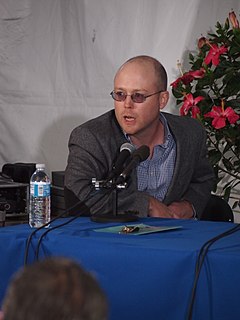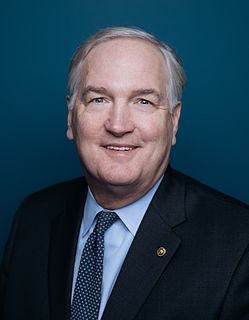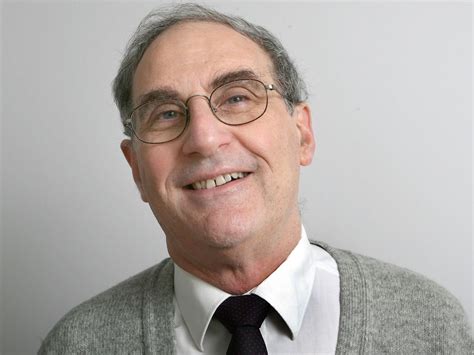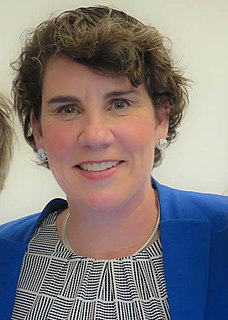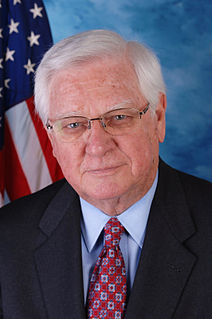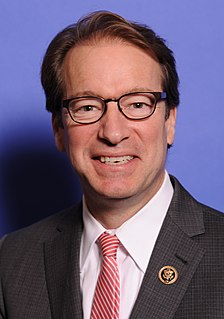A Quote by Wil S. Hylton
The park lies directly downwind from a slew of coal plants. Virtually all of the major contaminants in the local air and water are direct results of coal emissions. Coal produces ozone, which kills trees. Coal produces sulfates, which kill fish. No other park in the country has more ozone or sulfates than Shenandoah National Park.
Related Quotes
Letting the perfect be the enemy of the good is one of the reasons we have a coal-dependent infrastructure, with the resulting environmental impact that all of us can see. I suspect environmentalists, through their opposition of nuclear power, have caused more coal plants to be built than anybody. And those coal plants have emitted more radioactive material from the coal than any nuclear accident would have.
Coal used to be a very dirty fuel but coal has become cleaner and cleaner over the decades. Clean coal now is quite clean. Clean coal now has the same emissions profile as natural gas. Clean coal can become cleaner still. We can take even more of the pollutants out of coal and I believe we should. Clean coal, I think, is the immediate answer to Canada's energy needs and the world's energy needs. There are hundreds of years available of coal supplies. We shouldn't be squandering that resource. We should be using it prudently.
The climate-change industrial complex pontificates that the U.S. has to stop using coal to save the planet. But even if the U.S. cut our own coal production to zero, China and India are building hundreds of coal plants. By suspending American coal production, we are merely transferring jobs out of the U.S.
I'm old enough to remember when the air over American cities was a lot dirtier than it is now. You've probably never woken up early on a winter morning to the acid stink of coal smoke in the air, which was everywhere when I was a little kid. My grade school was heated with coal. Not only was coal used to generate electricity, it was without any scrubbers in the stacks.
Coal ash gets far less attention than toxic and greenhouse gas emissions from power plants, but it has created environmental and health problems - every major river in the Southeast has at least one coal ash pond - and continuing legal troubles and large cleanup costs for the authority and other utilities.
I learned about coal ash, which is the byproduct of burning coal for electricity. It is one of the largest solid industrial waste streams in the country, and it contains harmful substances like arsenic, lead, mercury and more, and because of how it is stored, pollutes groundwater and drinking water all over the country.
